What alkyl halide reacts with lithium divinylcuprate [(CH2=CH)2CuLi] for the synthesis of each of the following compounds?
a.
b.
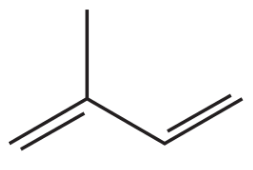
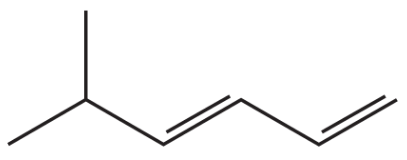
 Verified step by step guidance
Verified step by step guidance Verified video answer for a similar problem:
Verified video answer for a similar problem: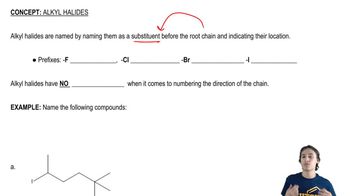
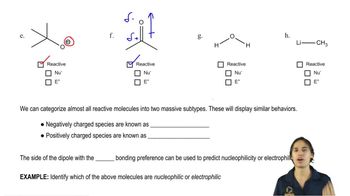
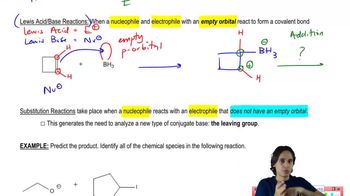

 0:24m
0:24mMaster Intro to Predict the Product with a bite sized video explanation from Johnny
Start learning